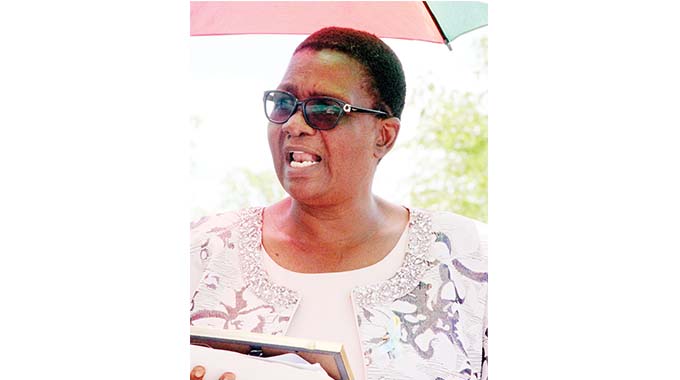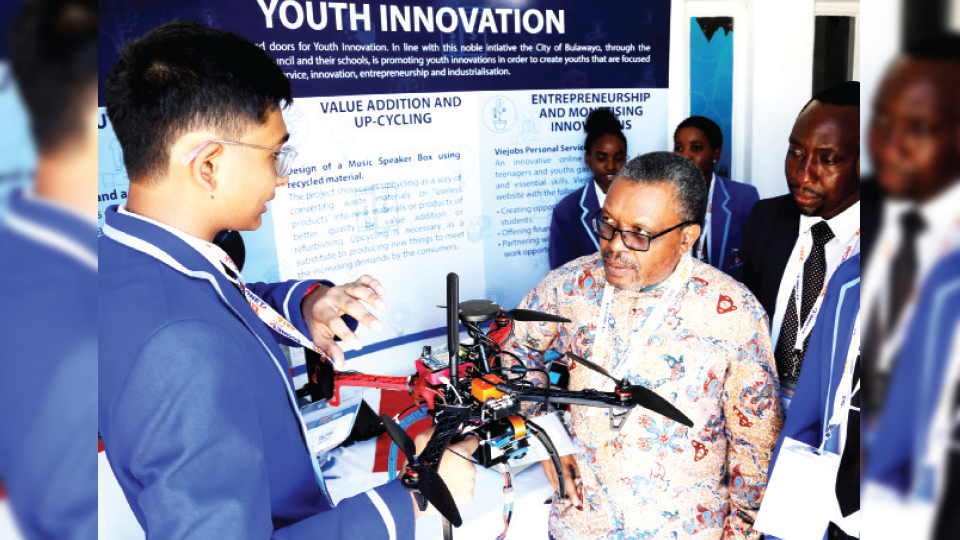Commercialisation set to boost schools coffers

Thupeyo Muleya, Beitbridge Bureau
THE recent decision by Cabinet to allow schools to commercialise will enable schools to generate additional revenue instead of relying on fees and levies only.
This was said by the Secretary for Primary and Secondary Education, Ms Tumisang Thabela while presenting the Secretary’s Merit Award at Dulivhadzimu Primary School in Beitbridge.
The school received $1,3 million for the development of a Smart Classroom, one tablet for the schoolhead, Mrs Elizabeth Ngwenya, a certificate and a plaque.
A smart classroom is technology-enhanced classroom that fosters opportunities for teaching and learning by integrating learning technology such as computers, specialised software, audience response technology, assistive listening devices, networking and audio/visual capabilities.
Ms Thabela said schools are expected to venture into income-generating projects which are in tandem with the National Development Strategy (NDS1), which aims at creating an upper middle-class economy by the year 2030.
She said the commercialisation of education will help some schools to cover operational costs which are not covered by tuition fees.
A number of schools that embraced the concept, she said, had managed to sustain operations during the Covid-19 induced lockdowns.
“I want to urge all our schools to comply with the Government directive to commercialise education,” said Ms Thabela.
She said Government wants the projects to develop into industries and contribute to the growth of the economy.
“As I toured this school, I noticed that they are running a variety of quick wins which include poultry, vegetable garden, a tuckshop, they are also into making chips, dish washing liquid, baking, have a herbal garden and are producing liquid fertiliser,” said Ms Thabela.
She said viable business projects would in the long run help to keep school fees low and at the same time offering valuable knowledge and life skills to learners.
Ms Thabela said the commercialisation of education was also inline with her ministry’s 21st vision of a competence-based curriculum.
“We have had scenarios where some schools almost faced a total collapse as their debts mounted due to lack of fees during the closure of schools and school authorities should have learnt from that,” she said.
Ms Thabela said it was also critical for educationists to embrace the use of e-learning in schools as the world has now embraced the use of ICTs as learning tools.
She said after intensive consultation with stakeholders, the Government initiated a catch-up strategy to address learning gaps caused by the prolonged closure of schools due to the Covid-19 pandemic.
Dulivhadzimu Primary School Headmistress, Mrs Ngwenya said team work and support from parents had seen them being able to maintain an average annual pass rate of 84 percent since 2015. — @tupeyo











Comments